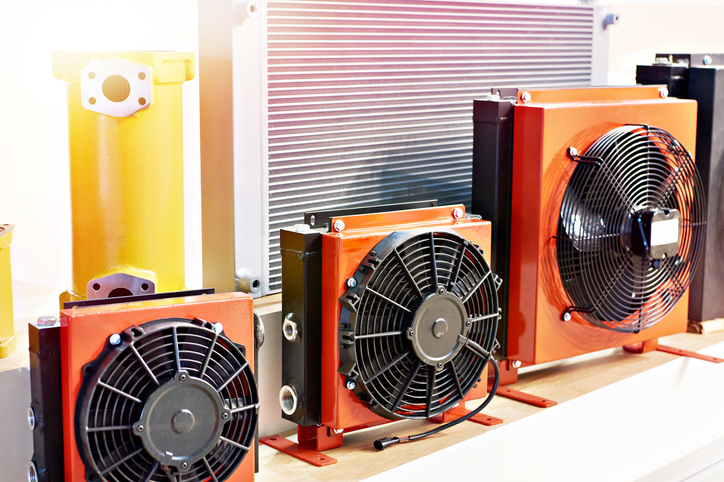Best Practices for Creating the Most Durable Cooling Systems Components
End-users expect their cooling systems components to be durable and capable of performing under harsh conditions. These systems must operate in demanding environments; they’re often subject to moisture, chemicals, and temperature fluctuations. These conditions can take a toll on components, which can negatively affect their lifespan. So, how do you ensure your equipment will stand the test of time? In this blog, we’re exploring best practices for creating long-lasting cooling systems components.
Material Selection
As mentioned above, cooling systems operate in environments where moisture, chemicals, and other corrosive elements degrade materials over time. That’s why it’s so important to use the right materials and protect them with the proper coatings.
Stainless steel, galvanized steel, and aluminum are some of the most common materials for cooling systems components. Stainless steel is highly resistant to rust and corrosion, making it ideal for components exposed to harsh conditions. Galvanized steel is slightly less durable than stainless steel, but still offers protection against corrosion. Galvanized steel will be more cost-effective than stainless steel. Additionally, aluminum is a lightweight option that’s resistant to corrosion. Many businesses opt for this material for their components.
The right protective coatings can enhance durability, as they prevent rust and wear. Powder coating, painting, or other specialized coatings are common. Not only do they offer additional protection against the elements, but they can enhance the aesthetic appeal of metal components.
Precision Manufacturing for Performance
The quality of manufacturing directly impacts the efficiency and durability of cooling systems components. Choose a high-quality manufacturing partner that ensures components meet strict specifications and withstand demanding conditions. If you invest in precision manufacturing, you enhance the reliability of your cooling systems. Additionally, you can reduce downtime, maintenance costs, and the risk of premature failure.
Structural Integrity
Cooling systems components must be designed and engineered for strength to withstand the stresses of industrial applications. This might include:
- Handling vibration: mechanical equipment should be built to absorb and withstand constant vibrations without compromising performance.
- Supporting heavy loads: components must be capable of bearing significant weight without warping or failing.
- Enduring extreme temperatures: materials and designs should be chosen to resist thermal expansion and contraction. This ensures long-term reliability.
Prioritizing structural integrity can help you enhance the durability and efficiency of your systems. Partnering with a quality manufacturer is the first step.
Work with WEBCO for Your Cooling Systems Components
If you need quality cooling systems components, turn to WEBCO. As an ISO 9001:2015 certified shop, we manufacture tight tolerance components for a range of industries. Our commitment to excellence has transformed our business into one of the most trusted names in the custom metal fabrication industry.
With three robust facilities, 250 skilled employee-owners, and a commitment to quality, we’re able to take on almost any custom metal fabrication project. Whether you need high-volume production or specialized fabrication, we deliver reliable solutions tailored to your exact specifications.
Trust Us for Your Next Project
Interested in learning more about what we can do for you? Reach out to our team for an initial consultation.
